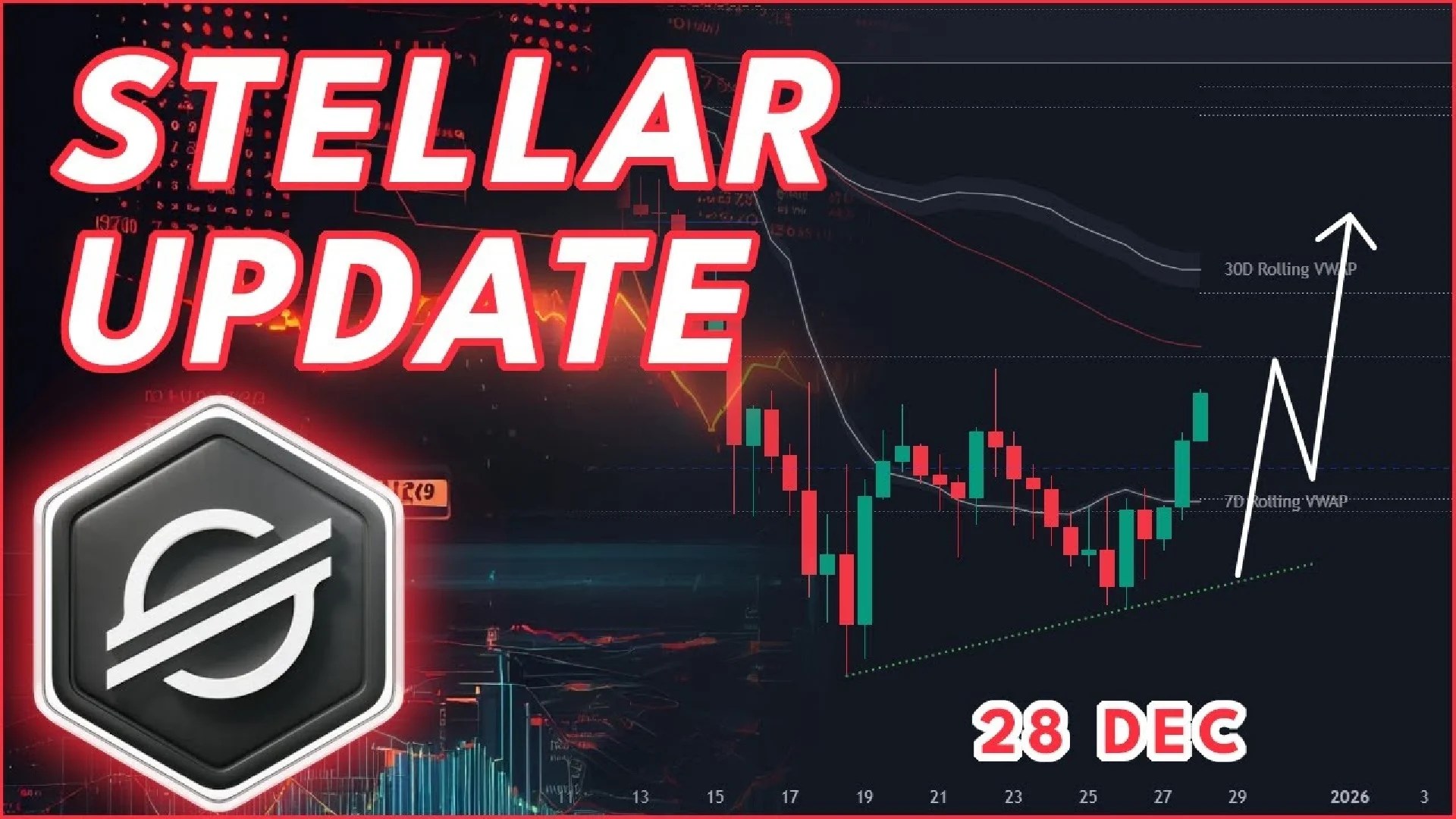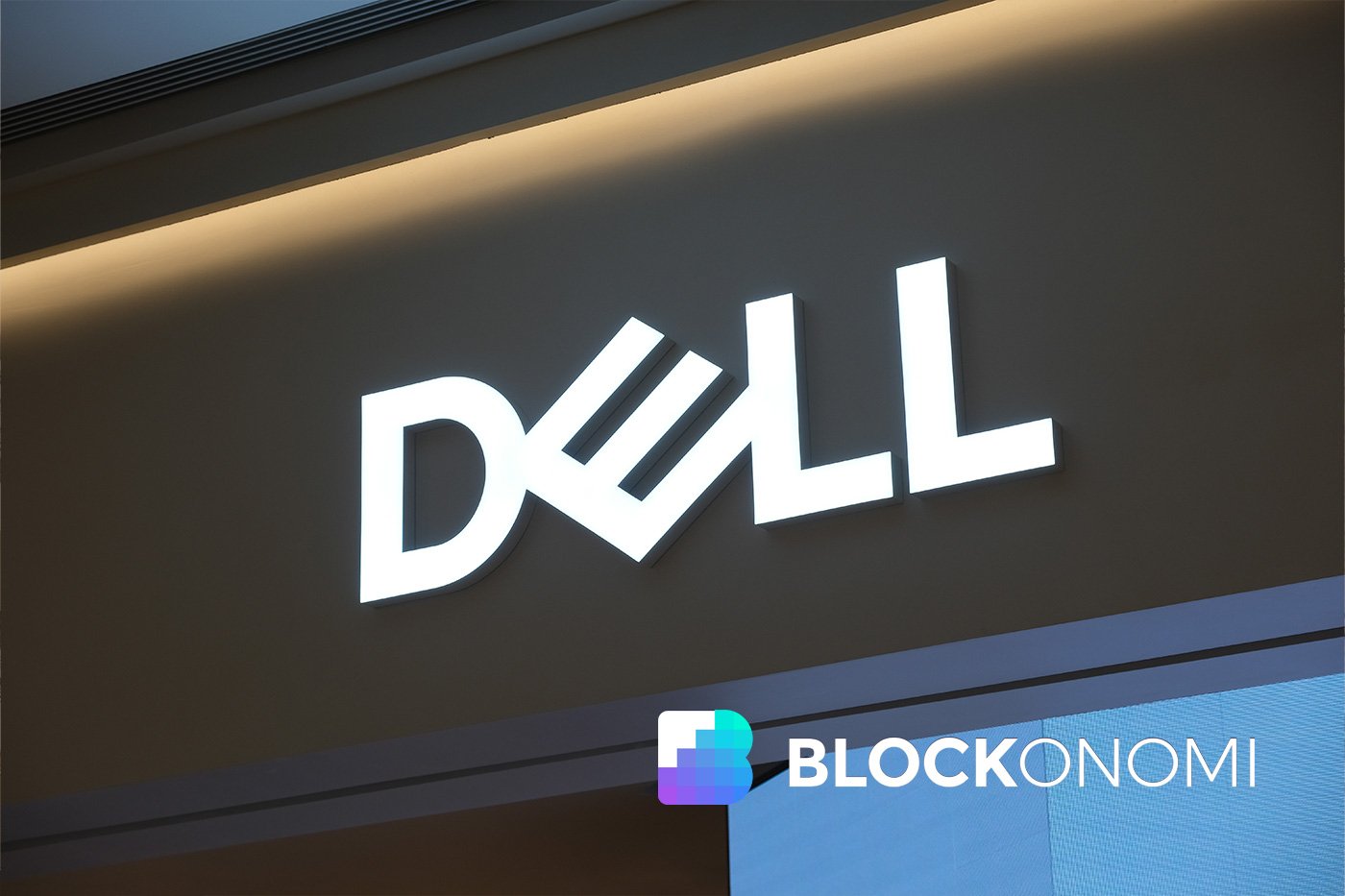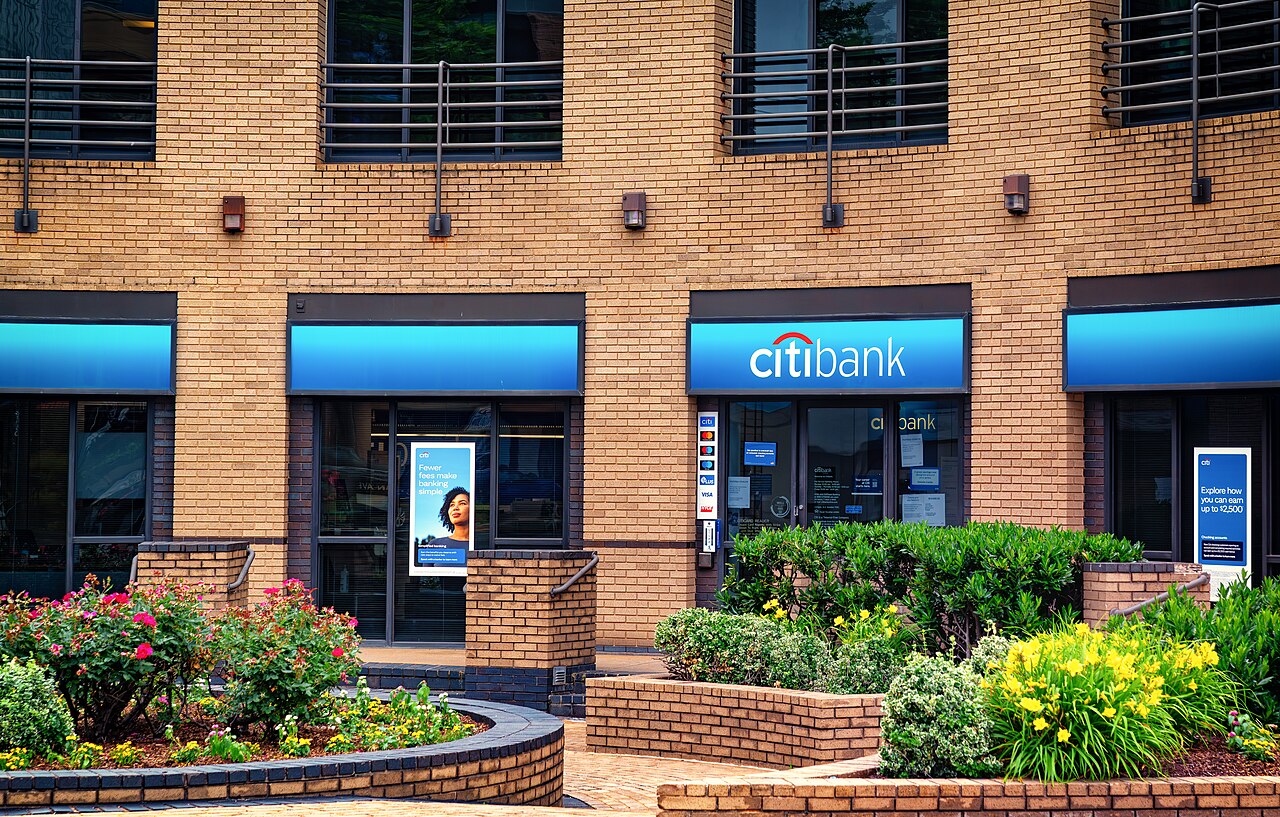The post Best Crypto to Buy Now: Stellar continues to draw attention as the market looks toward the next crypto cycle, with investors balancing its long-term utility against recent price weakness. Known for enabling fast, low-cost cross-border payments, Stellar occupies a distinct role in global payments and blockchain-based financial infrastructure. As 2026 approaches, traders are watching closely to see whether renewed adoption, strategic partnerships, and a broader market recovery can spark a meaningful rebound in XLM’s price. While Stellar offers the appeal of a stable, institution-focused utility asset, many investors pair it with higher-risk, higher-reward opportunities to enhance returns. This approach has pushed growing interest toward Maxi Doge (MAXI), which some view as a best crypto to buy for capturing viral meme momentum alongside the relative stability of XLM. Source Cilinix Crypto YouTube Channel Why Rising TVL and Institutional Use Matter for 2026 From a fundamental perspective, Stellar (XLM) continues to show strong institutional resilience. While it receives far less attention than more speculative networks, Stellar delivers a functional yield ecosystem where users earn rewards by securing the network and supporting ecosystem activity. This participation has helped drive Total Value Locked from roughly $50 million to $180 million over the past year, even as many competing chains experienced sustained liquidity outflows. At the same time, Stellar maintains a stablecoin market cap near $229 million, reinforcing its role as a reliable settlement network rather than a speculative platform. As more XLM moves into smart contracts and real-world asset protocols, the circulating supply tightens. This growing on-chain lockup increases scarcity and could amplify price moves once demand returns, positioning TVL growth as a powerful catalyst heading into the next market cycle. Stellar Price Prediction Price action remains the key focus. On higher time frames, Stellar still trends downward. The daily and 12-hour charts show steady selling pressure and.
Tag: infrastructure
Ouster: Strong Growth Should Lead To Further Upside
TLDR Dell reported Q3 earnings of $2. 59 per share, beating estimates, but revenue of $27. 01 billion missed expectations Company increased AI server revenue forecast to $25 billion for fiscal 2026, up from $20 billion Q4 revenue guidance of $31. 5 billion exceeded analyst estimates of $27. 59 billion by nearly $4 billion AI server backlog grew to [.] The post Dell Stock Jumps as Q3 Earnings Beat Expectations Despite Revenue Miss appeared first on Blockonomi.
The post Flow Traders Embraces DeFi with EigenLayer and Cap Integration appeared com. Luisa Crawford Nov 26, 2025 04: 17 Flow Traders, a major liquidity provider, integrates with EigenLayer’s Cap, marking a significant step in bridging traditional finance with DeFi through innovative cryptoeconomic mechanisms. Flow Traders, one of the world’s largest liquidity providers and ETF market makers, has ventured into decentralized finance (DeFi) by integrating with the EigenLayer platform through Cap, a stablecoin protocol. This strategic move signifies a notable advancement in the collaboration between traditional finance (TradFi) and DeFi ecosystems, according to EigenCloud. Innovative Financial Infrastructure Cap operates as an EigenLayer Autonomous Verifiable Service (AVS), offering a protected private credit marketplace that leverages EigenLayer’s slashing, redistribution, and unique stake features. This infrastructure enables Flow Traders to access onchain liquidity, ensuring robust risk management and transparency. EigenLayer’s restaking infrastructure underpins this setup, transforming traditional financial standards into programmable, cryptoeconomic guarantees. Institutional Participation in DeFi The integration of Flow Traders highlights the increasing interest of institutional players in DeFi. Cap’s deployment showcases EigenLayer’s potential as a foundational layer for institutional capital flows onchain. By utilizing cryptoeconomic incentives, Cap offers credible financial guarantees that surpass traditional legal frameworks, making it an attractive option for institutional investors. Mechanisms of Integration Three core EigenLayer primitives-slashing, redistribution, and unique stake-play crucial roles in this integration: Slashing: This ensures accountability by penalizing operators who fail to meet their commitments, thereby enforcing economic responsibility. Redistribution: Slashed funds are repurposed as protocol-level insurance, protecting users without relying on centralized providers. Unique Stake: This isolates risk by allowing operators to allocate specific portions of their delegated stake to distinct tasks, ensuring targeted security for each credit position. Creating a New Financial Ecosystem The collaboration brings together several key players: EigenLayer: Provides the restaking infrastructure that supports the credit market. Cap: Develops the credit marketplace infrastructure.
The decision to close the facility, at least temporarily, “is not easy, but is absolutely necessary,” Director William K. Marshall III wrote.
The post ATT Global Partners with MovaChain to Integrate Digital Advertising and Worldwide Web3 Payments appeared com. ATT Global, a popular Web3 project that tokenizes real-world advertising assets, has partnered with MovaChain, a modular blockchain entity. The partnership endeavors to integrate digital advertising platforms with the efficient worldwide payment infrastructure. As ATT Global and MovaChain’s official social media announcements reveal, the collaboration is set to link Web2 traffic and Web3-based settlement layers. Hence, the development is anticipated to establish an inclusive flow between real-world advertising assets, worldwide payment solutions, and decentralized infrastructure. Connecting Ads to Global Payments: ATT Global × @MovaChain! 🌐 We are excited to announce our partnership with @MovaChain, the modular blockchain platform transforming global payments with institutional-grade trust and compliance! 💫 This collaboration links ATT Global’s. For this purpose, the Real-World Assets (RWAs), Distributed Ledger Technology (DLT), and Decentralized Physical Infrastructure Networks (DePINs) of ATT Global back this unique model. At the same time, MovaChain provides its institutional-scale modular blockchain for compliant and secure global payments. Additionally, the DA-AIOT-P architecture of ATT Global plays a crucial role in driving this transformation. It is an integrated mechanism that merges Decentralized Assets Web3 payment instruments, and AIoT. Moreover, it also merges physical advertising interfaces, community networks, on-chain technology, and e-commerce brands into an inclusive ecosystem. With this exclusive infrastructure, advertisers can boost real engagement, and consumers can earn value from their interactions. At the same time, the Web3 entities can reach a unique avenue of high-quality traffic arising.
The post Ozak AI’s Growth Rate Suggests It Could Achieve Unprecedented Market Penetration Within the Next 24 Months appeared com. The presale token Ozak AI (Z) is currently priced at $0. 014 and has sold over 1 billion tokens so far. Already, it is showing strong presale momentum, as it is moving closer to its listing. Apart from its token growth, its AI-powered infrastructure for predictive insights with a decentralized ecosystem uniquely positions it to attract both retail and institutional interest, offering early investors a quantifiable opportunity for substantial returns as adoption scales. With that, analysts note that this huge presale growth rate with innovative tech makes Ozak AI poised for broader market penetration within 24 months. Ozak AI Presale Performance Highlights The token presale started earlier this year with phase 1 at $0. 001, then moved to $0. 002, $0. 003, $0. 005, and $0. 012, and is now priced at $0. 014, which is Phase 7. Early adopters are already reaping up to 14 times earnings. As a result, presale funding is increasing on a daily basis and now stands at $4. 48 million following the sale of 1 billion tokens. Ozak AI’s estimated $1 listing could result in 7, 042. 86% returns for Phase 7 investors and up to 99, 900% for Phase 1 investors. Such projections place Z among the highest-potential presale tokens of the year. AI-Driven Technological Edge Ozak AI is intended to provide real-time predictive analytics for financial markets. It processes market data in real time using the Ozak Stream Network (OSN), and the entire system is connected to Decentralized Physical Infrastructure Networks (DePIN), which process and store information across a distributed network rather than a single server, hence strengthening security. Once processed, the data is securely kept in Ozak Data Vaults. The Neuron, AI’s brain, then extracts the necessary data from the Data Vaults to do complicated analysis with predictive agents and provide insights. The validated intelligence from Neuron is supplied straight to the.
A recent cyberattack on New York-based real estate services firm SitusAMC may have compromised sensitive client and internal data of major banks, including JPMorgan Chase, Citigroup, and Morgan Stanley, raising concerns over both personal and non-public banking information.
The post Coinbase to Migrate BTC and ETH Wallets for Security Upgrades appeared com. In Brief Coinbase upgrades internal wallets to improve security for BTC and ETH. No downtime expected as Coinbase migrates funds between wallets. User deposits remain unaffected during Coinbase’s wallet migration process. Coinbase has initiated the migration of Bitcoin (BTC) and Ethereum (ETH) from legacy internal wallets to new systems. The company explained that this is a routine update designed to enhance the security of its platform and infrastructure. This wallet migration is a standard security practice, carried out periodically to reduce the long-term exposure of funds. Coinbase confirmed that this upgrade is not in response to any external threats or market changes, and it will not impact user balances or trading activities. Coinbase announced that it is conducting scheduled internal wallet migrations for BTC and ETH as part of its security upgrades, noting that the move is not related to any security incident or market volatility. The migration will involve large on‑chain fund transfers but will not.- Wu Blockchain (@WuBlockchain) November 22, 2025 No Service Disruption Expected During Migration Coinbase assured users that there will be no downtime during the migration process, and trading, sending, and receiving digital assets will continue as usual. The large transfers observed on the blockchain are part of Coinbase’s internal reorganisation and do not represent withdrawals or sales of assets. Additionally, the company emphasized that user deposit addresses will remain unchanged throughout the migration. Coinbase also cautioned users to remain vigilant against potential phishing attempts, as scammers may try to exploit the migration process. The exchange’s decision to migrate funds is part of its ongoing effort to upgrade its internal security measures. These improvements are essential as Coinbase continues to expand and serve a growing global user base. By moving to newer wallets with more advanced security features, Coinbase is reinforcing its commitment to.








